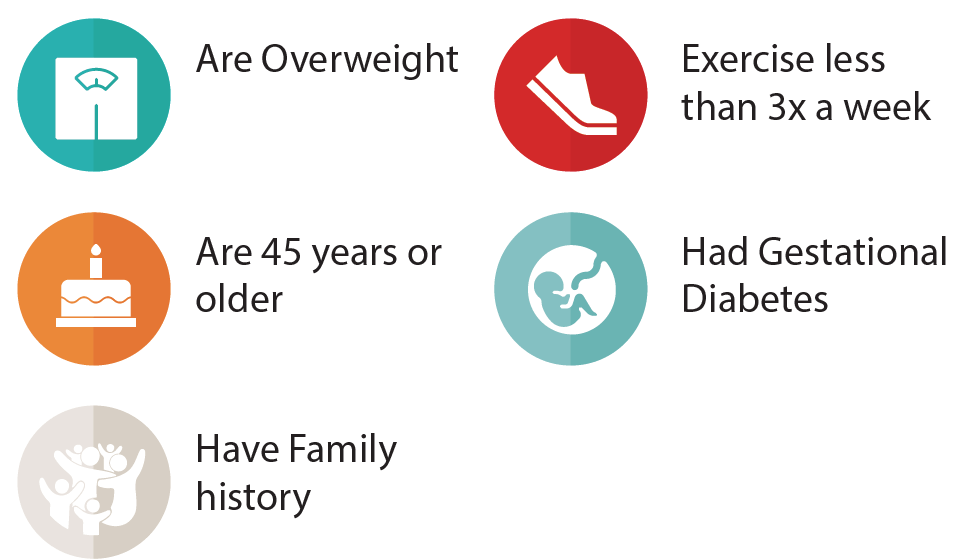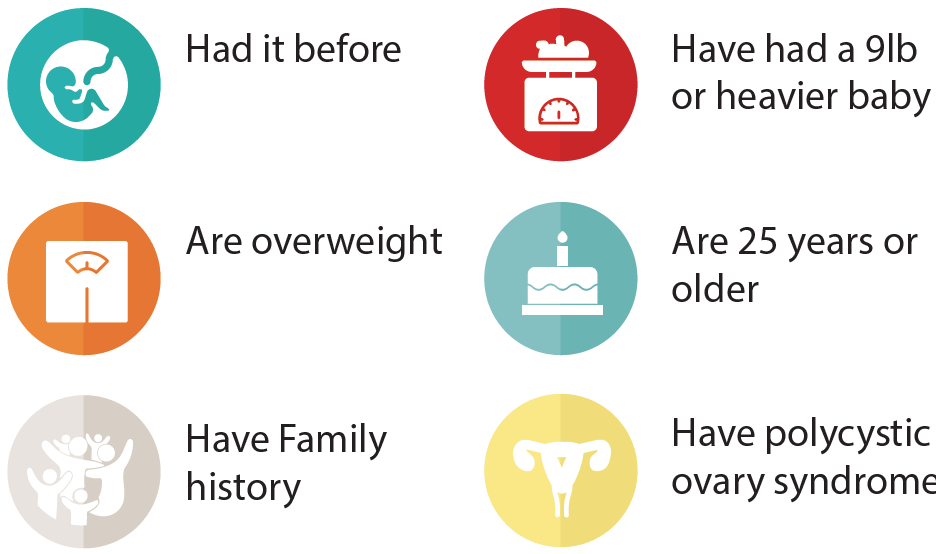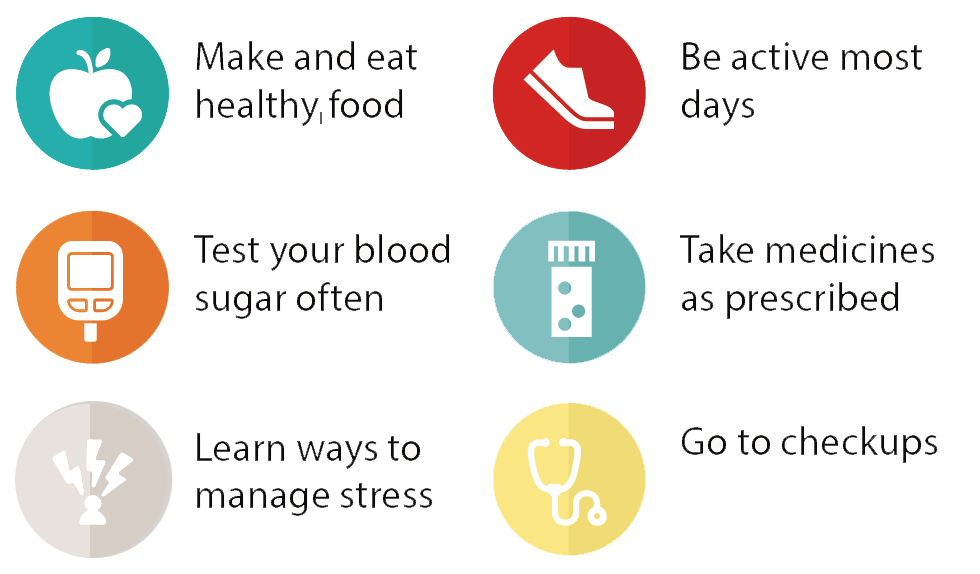Living Well With Diabetes
- Category: Health & Wellness, Diabetes
- Posted On:
- Written By: Lompoc Valley Medical Center

Diabetes is a chronic (long-lasting) disease that affects how a body turns food into energy. The three main types of diabetes are: Type 1, Type 2 and gestational diabetes (or developing diabetes while pregnant).
Pre Diabetes & Type 2
You’re at risk for developing prediabetes or type 2 if you:

Type 1
Type 1 Diabetes is thought to be caused by an immune reaction. Risk factors for Type 1 diabetes are not as clear as for prediabetes and Type 2 diabetes, but include:

Gestational
You’re at risk for gestational diabetes if you:

Gestational diabetes usually goes away after your baby is born but increases your risk for Type 2 diabetes later in life.
The Basics of Living With Diabetes:

In the US, there are more than 30 million people living with diabetes and 84 million living with prediabetes.
Why Does It Matter?
Knowing the type of diabetes you have, and managing your lifestyle, is critically important.
- People with diabetes are twice as likely to have heart disease or a stroke.
- Diabetes is the leading cause of Chronic Kidney Disease in the US; lower-limb amputations and adult-onset blindness.
- Medical expenses for diabetics are twice as costly as for people without the disease.
- If left untreated, diabetes can lead to serious complications, including cardiovascular disease, kidney disease, vision damage, and nerve damage in your extremities.
Resources
Are you concerned you may have prediabetes?
Try this simple online test to determine your risk factors: www.cdc.gov/prediabetes/takethetest/
Learn more about resources, meal plans, support groups and research at: www.diabetes.org
The National Institute of Diabetes and Digestive and Kidney Diseases has an array of information: www.niddk.nih.gov/health-information/diabetes





